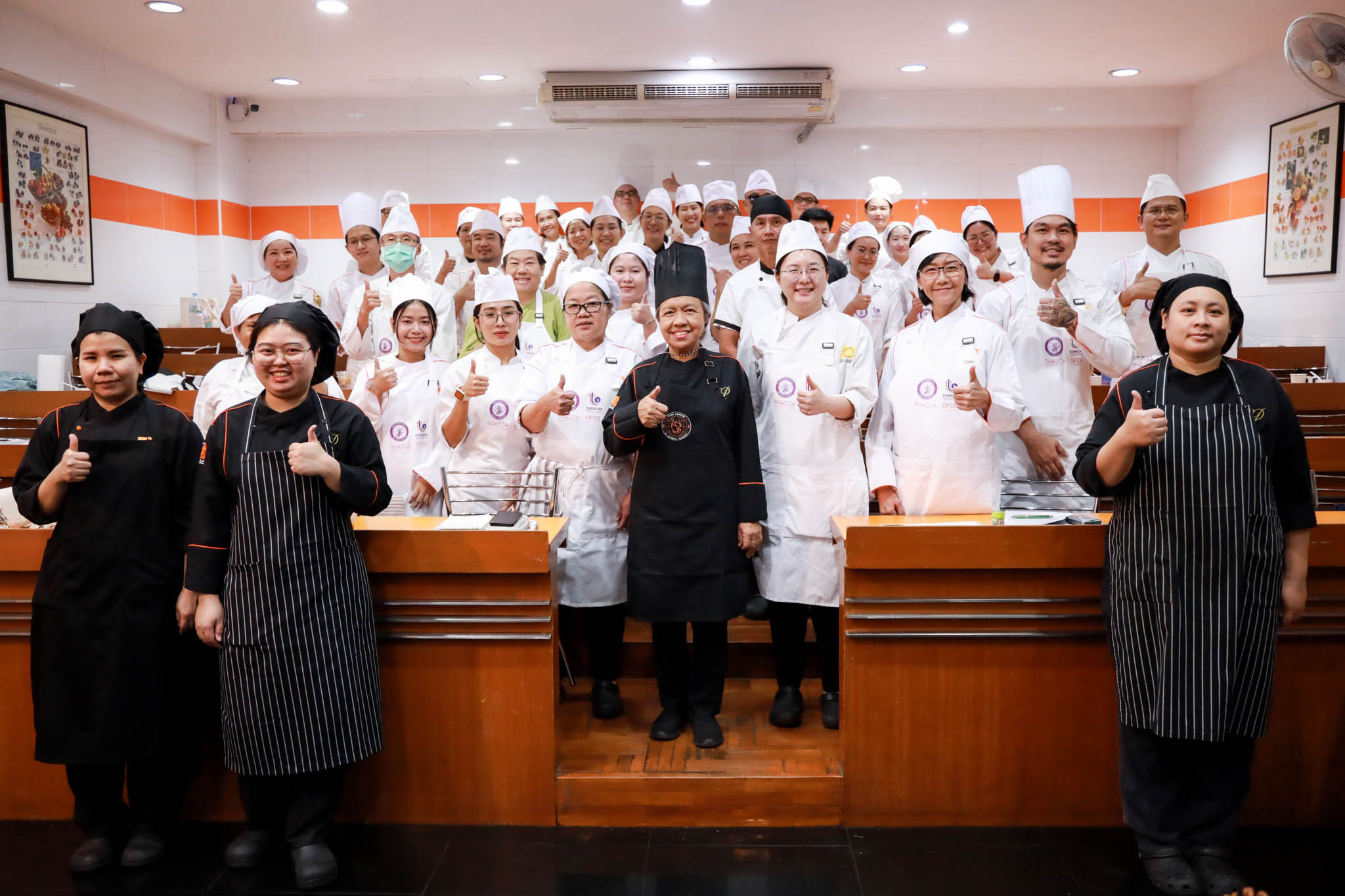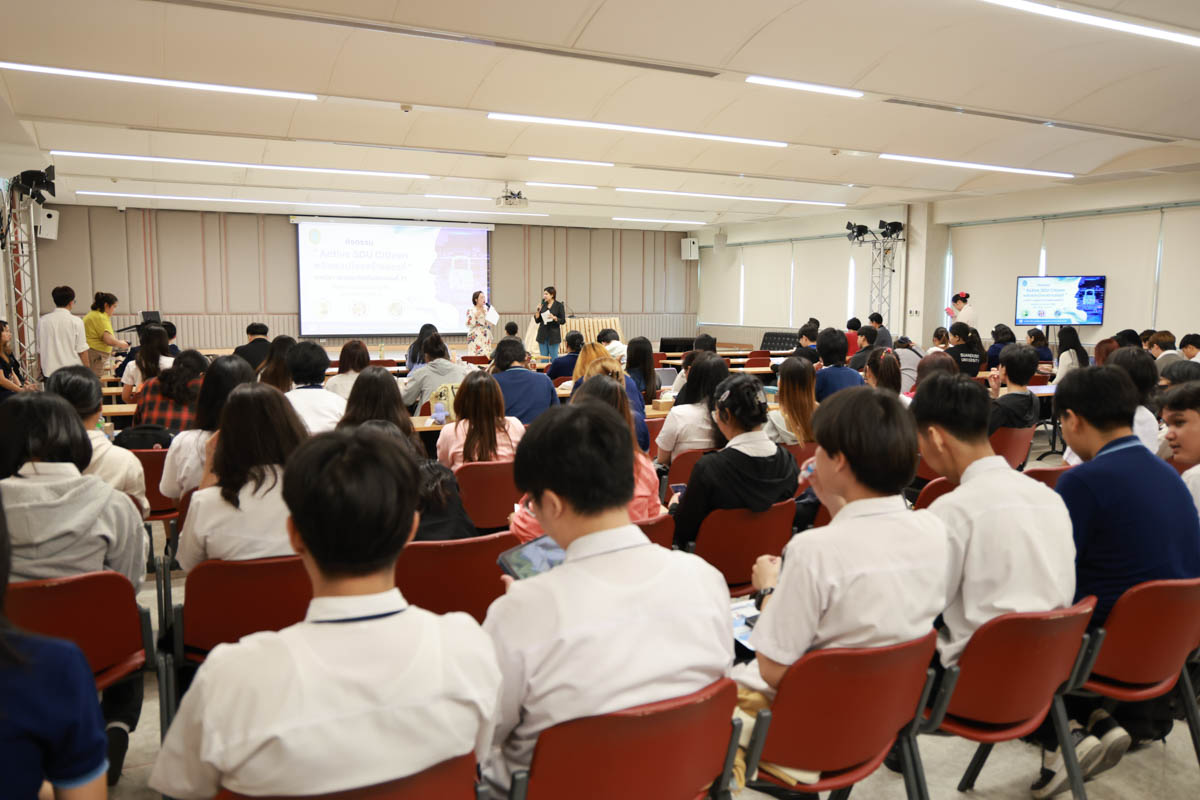Suan Dusit University (SDU) believes that organizational sustainability does not begin with infrastructure or advanced technology, but with people—the true driving force behind meaningful change. Guided by this philosophy, the university established its Living Wage Policy to ensure economic security for all employees, allowing them to live with dignity and a good quality of life.

In late 2024, the university enacted the “Announcement of Suan Dusit University on the Determination of Wage Rates for University Employees B.E. 2567 (2024)”, introducing a compensation framework that values labor not merely as a cost but as an investment in human potential. The policy sets wage rates significantly higher than Thailand’s national minimum wage.
The announcement aims to provide all staff with income adequate to meet the cost of living—particularly in Bangkok, where living expenses are among the highest in the country. The rates exceed the national minimum wage, which for Bangkok stands at THB 363 per day, or approximately THB 8,140 per month, as set by the National Wage Committee under the Minimum Wage Announcement (No. 12, 2024) (Public Relations Department, PRD).
To align pay with educational attainment, professional responsibility, and skill level, SDU created a transparent salary structure for all staff categories:
Wage Structure of Suan Dusit University (Effective 2024)
เปิดหน้าประกาศมหาวิทยาลัย เรื่องกำหนดอัตราค่าจ้างลูกจ้างของมหาวิทยาลัย ตามลิงค์
Source: Suan Dusit University Announcement on Wage Rates for University Employees B.E. 2567 (2024)
This structure demonstrates the university’s intent to establish a sustainable compensation system consistent with national economic conditions and the responsibilities inherent to each position. The regulation also mandates an annual review of wage levels to ensure continued fairness amid inflation and economic change.

Importantly, this policy did not emerge from accounting calculations alone but from extensive consultation with employees across departments who were invited to express their perspectives on welfare and compensation—reflecting SDU’s long-standing practice of participatory management.
The wage restructuring has brought tangible results: employees now enjoy greater financial stability, stronger motivation, and a sense of pride in belonging to an institution that truly values their contributions. Beyond pay adjustments, SDU has introduced complementary welfare measures to enhance well-being and economic resilience—such as comprehensive health insurance, low-interest employee loans, education grants for dependents, and financial-planning workshops to strengthen personal financial literacy.
SDU’s Living Wage Policy thus extends beyond economic welfare; it reinforces organizational trust and sends a clear message that “every worker at Suan Dusit University is valued” and that “the security of people’s lives is the foundation of sustainable development.” As a public university, SDU has proven that it can manage compensation in ways that balance fairness with fiscal responsibility—demonstrating that educational institutions can lead by example in ethical and sustainable labor practices.
By integrating the principle of a living wage into its management framework, Suan Dusit University exemplifies the essence of Decent Work and Economic Growth (SDG 8). This commitment affirms that genuine sustainability begins with fairness in compensation—and with recognizing the human dignity at the heart of every institution.
References
